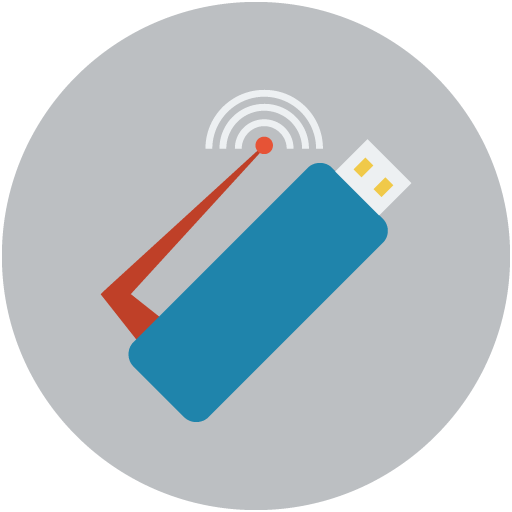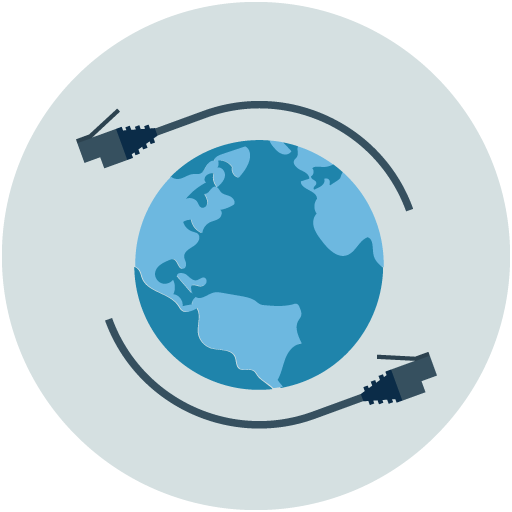Tell Stories With Data
Your data or mine?
With a unique combination of quantitative research, marketing and social media skills, I can not only get you the original data you need to rise above the fray, but also turn it into an irresistibly compelling story. Or I can work with the data you already have–like transaction data, social media metrics, app usage or customer feedback–to find the story that will win you new audiences and attention.
Data drives conversations
My content marketing projects drive social conversations because I bake the social strategy into the content. Each piece features tweetable links, bloggable excerpts and shareable infographics created by me or an independent designer. And it comes with a social media promotion plan calibrated to build your network and your brand.
The right form for your data-driven content
You can use data to power content like:
- White papers, reports and ebooks that generate media attention and leads
- Shareable infographics that present new insight
- Blog posts in an authoritative voice
- Presentations that make audiences take note
- Social media shareables like charts or data factoids
Data journalism for content marketing
Content marketers at the world’s most innovative companies and publications turn to me for data journalism that sets their content apart.
Here are some examples of my data-driven work.
No Results Found
The page you requested could not be found. Try refining your search, or use the navigation above to locate the post.
Power your content with data
Ready to start turning data into great, compelling content? Here are some of my top tips on how to tell great stories with data.

Conference tracking in real time
A number of folks in the conference hallway have asked about options for tracking conference notes in real time.
If you are looking for blog posts from NetSquared, you can find links to all the blog posts about the NetSquared conference here.
And if you want to participate in real-time note sharing via wiki, Erin Denny has set up a pbwiki space here. (The password for the wiki is "net2".) We'll move those notes onto the NetSquared site once the conference wraps.

Now en route to NetSquared
Rob and Aaron are both heading down to San Jose this week for the NetSquared conference. For the past eight months, we've been working with the CompuMentor/Techsoup team that is behind this event.
The conference aims at pushing nonprofit engagement with the "social web" (aka "web 2.0") to the next level. The web site (which we helped develop) has built an online community around the same agenda, and will now link the online community to the San Jose conference through a two-day remote conference.
I'm holding down the virtual fort from here in Vancouver, but look forward to hearing updates from Rob & Aaron. And if you're going to be at NetSquared yourself, be sure to say hello.

Tidying tags (and cars?)
When a story titled Confession: I'm a car slob popped up in the RSS feed I use to track who's linking to me, I figured that some recent passenger had decided to out me to the world. Turns out that Beth Kanter has identified the correlation between untidy cars and...

Just because it’s a remote conference doesn’t mean you don’t get a badge
Planning on joining us for the remote conference? Let the world know (and give the conference some link love) by posting this badge on your blog or web site. Just copy and paste the following HTML code wherever you'd like it to appear:
<a href="http://www.netsquared.org/remote"><img alt="Find me at the Net2 Remote Conference" title="Find me at the Net2 Remote Conference" src="http://tinyurl.com/mkav3"/></a>

May 30 & 31: NetSquared’s online conference with nonprofit leaders
as posted on Corante's Civic Minded blog: Where can you find inspiration for online advocacy, guidance for online faclitation, and gossip about online politics? On Tuesday May 30th and Wednesday May 31st, NetSquared is hosting a remote conference featuring live chats...
